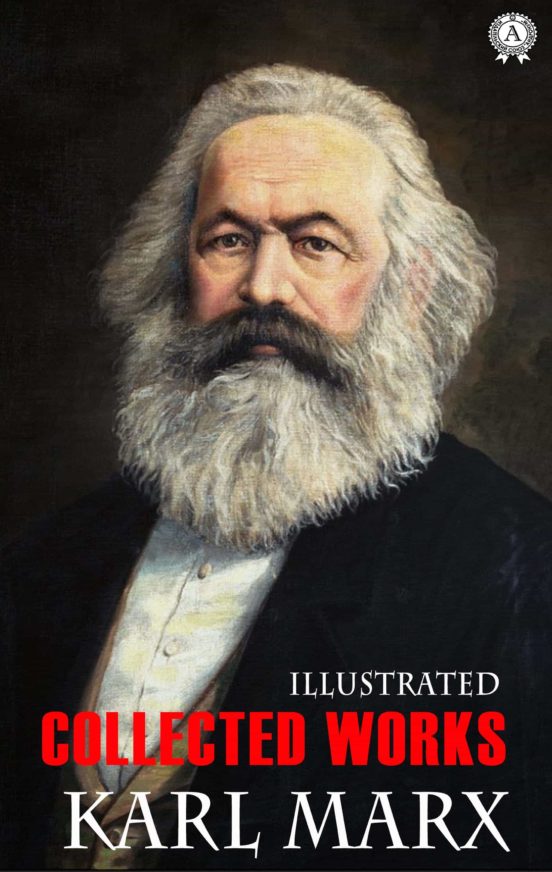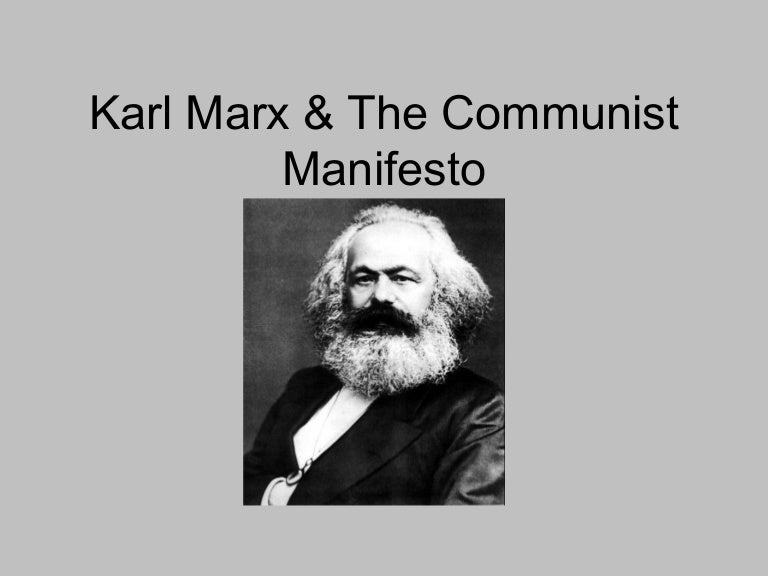

The Communist Manifesto summarises Marx and Engels' theories concerning the nature of society and politics, namely that in their own words "he history of all hitherto existing society is the history of class struggles". It presents an analytical approach to the class struggle (historical and then-present) and the conflicts of capitalism and the capitalist mode of production, rather than a prediction of communism's potential future forms. Commissioned by the Communist League and originally published in London just as the Revolutions of 1848 began to erupt, the Manifesto was later recognised as one of the world's most influential political documents. GradeSaver, 11 April 2022 Web.The Communist Manifesto, originally the Manifesto of the Communist Party ( German: Manifest der Kommunistischen Partei), is an 1848 pamphlet by German philosophers Karl Marx and Friedrich Engels.
#KARL MARX THE GERMAN IDEOLOGY PDF HOW TO#
Next Section Character List Previous Section About The German Ideology Buy Study Guide How To Cite in MLA Format GradeSaver "The German Ideology Summary". A “revolution” in the realm of ideas is to them, essentially, an oxymoron.

Their political goal, which they see as essential to achieving a just society, is a revolution of the proletariat, which can only occur through overthrowing the capitalist mode of production as it actually exists in the world. And what motivates their attack on this form of thought-often called “idealism”-is that it stands in the way of practical action to change reality by making it appear as though historical change is a matter of changing ideas or consciousness.

Throughout the work, Marx and Engels attack other thinkers for failing to account for the role of material conditions, including relations of power, in shaping human consciousness and abstract thought.Īccording to Marx and Engels, the material basis for the common misconception that ideas shape reality-that, e.g., the French Revolution was driven by a “belief” in the idea of freedom-is the division between mental and material labor, which is simply one form of the general social division of labor, though a highly significant one. Thus the “ideas” of a given period, far from being neutral reflections of the world, are in fact defined by the ruling class of that period. Whichever class is the ruling class within any given mode of production and social organization thus, essentially, controls and defines the reality for everyone living within that society. These are the fundamental building blocks of the reality within which humans carry out what Marx and Engels call their “life-activity,” and through their experience of this activity, they create themselves, including their consciousness of themselves. They propose that humans alone can be said to have a “history.” This history, on their view, is fundamentally the history of the development of the modes of production and forces of production available to human beings at any given time, and that these essential features of human life are inextricably bound up in the history of the development of human needs and social relations. Karl Marx and Friedrich Engels begin with the question of what makes human beings unique as a species.


 0 kommentar(er)
0 kommentar(er)
